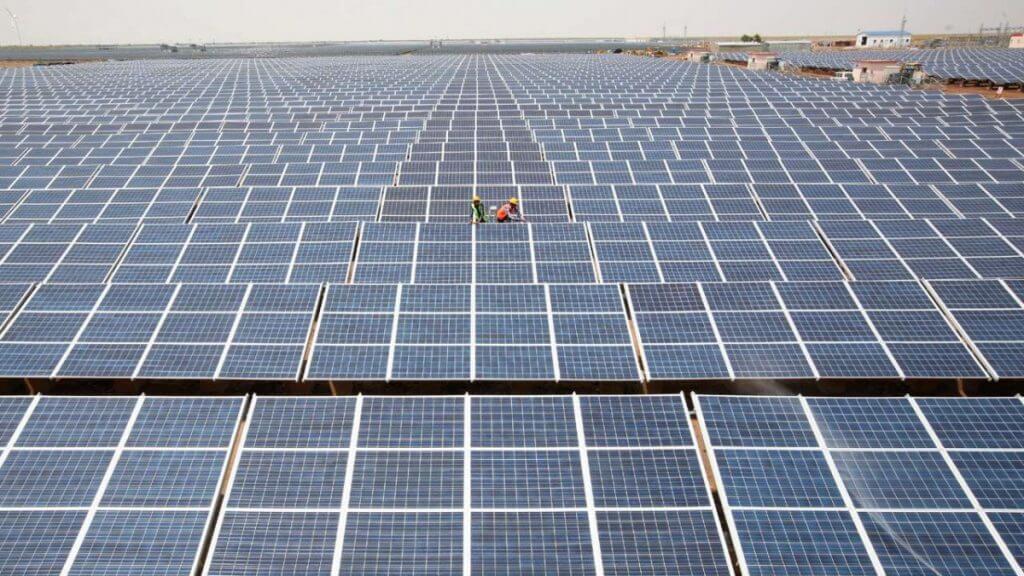
Aditya Valiathan Pillai
Aditya Valiathan Pillai is a researcher focused on the governance dimensions of adapting to climate change. He is a doctoral researcher at King’s College London and a Visiting Fellow at the Sustainable Futures Collaborative, New Delhi. His current project applies methods from comparative politics to understand why some places adapt to extreme heat better than others. His previous work focused on strengthening institutions to deal with climate change, through cross-country academic work and a stint as a Programme Officer at The Asia Foundation where he anchored grants to civil society organisations working on adaptation across South Asia. Aditya is a member of the Technical Advisory Group to the National Disaster Management Authority and an Associate at the Lakshmi Mittal South Asia Institute at Harvard University. He was formerly a Fellow at the Centre for Policy Research, New Delhi, where he established a research area on climate adaptation, and the Coordinator of the Adaptation and Resilience group at the Sustainable Futures Collaborative, New Delhi. He was part of the founding team of the Sustainable Futures Collaborative. His academic work has appeared in Science, Environmental Politics, Environmental Research Letters, the Oxford Handbook series, and a variety of Indian and international media publications.
Publications


Opinions
Adaptation and Resilience
Heatwaves are coming. Can India handle it?
Aditya Valiathan Pillai, Tamanna Dalal, Ishan Kukreti
The Indian Express | 25 March 2025
The risks of the future are likely to be so severe, frequent and interconnected that they will require proactively identifying and tackling risk, girding the system for a state of permanent tumult, and relying on all-of-government coordination. The governance of extreme heat seems to be in that process of transition with commonly seen short-term actions across multiple departments, but limited preparation for the future.


Opinions
Adaptation and Resilience
Why action on extreme heat in Indian cities is falling short
Aditya Valiathan Pillai, Tamanna Dalal, Ishan Kukreti et al
Carbon Brief | 19 March 2025
Adapting to increasing extreme heat will be central to urban living for decades to come. A late start to these efforts will increase pressure on the state in the future and risks exposing citizens to harms from warming that could be avoided.


Reports
Adaptation and Resilience
Is India Ready for a Warming World? How Heat Resilience Measures Are Being Implemented for 11% of India’s Urban Population in Some of Its Most At-Risk Cities
Aditya Valiathan Pillai, Tamanna Dalal, et al.
19 March 2025
This report assesses India’s readiness for the extreme heat of a +1.5 degree world. It examines the implementation of extreme heat policies in 9 major Indian cities — Bengaluru, Delhi, Faridabad, Gwalior, Kota, Ludhiana, Meerut, Mumbai, and Surat — which are among the most at risk from future heat (as per our climate models), collectively covering over 11% of India’s urban population. This is the first systematic multi-city analysis of heat action implementation in India.


Journal articles
Climate Policy
Energy Transitions
India’s pathway to net zero by 2070: status, challenges, and way forward
Vaibhav Chaturvedi, Arunabha Ghosh et al.
Environmental Research Letters | 22 October 2024
This collaborative article by experts from 24 Indian institutions explores India’s path to net zero by 2070 through 3 broad dimensions - ‘national and sub-national perspectives’, ‘sectoral and technological transitions’ and ‘enablers’. Aditya Valiathan Pillai wrote on climate institutions as a key enabler in the process. He examines how India has performed in building climate institutions, the challenges that lie in building them, and how we can create an effective institutional structure that differs from ones in countries that are past their emissions peak.


Books and book chapters
Climate Policy
Climate Change: Policy, Institutional, and Legal Framework
Navroz K Dubash, Aditya Valiathan Pillai et al
Oxford University Press | 23 July 2024
Transforming towards a low-carbon, climate-resilient society will require reimagining existing governance arrangements. This chapter in 'The Oxford Handbook of Environmental and Natural Resources Law in India' documents how India’s policies, institutions, and legal structures have changed in response to climate change.


Opinions
Climate Policy
A law around low-carbon climate resilient development
Navroz K Dubash, Aditya Valiathan Pillai and Shibani Ghosh
The Hindu | 8 July 2024
Authors lay out an institutional vision for India’s climate law - knowledge-based ‘low-carbon development commission’; ‘climate cabinet’ to drive strategy; executive coordination body; and mechanisms for federal engagement.


Opinions
Climate Policy
Court on climate right and how India can enforce it
Navroz K Dubash, Shibani Ghosh and Aditya Valiathan Pillai
The Hindu | 1 July 2024
Because India is still developing, is highly vulnerable, and yet to build much of its infrastructure, what the country needs is a law that enables progress toward both low-carbon and climate resilient development.


Opinions
Adaptation and Resilience
Opinion: India is on the climate crisis front line. So why isn’t that an election issue?
Aditya Valiathan Pillai
CNN Opinion | 20 April 2024
Climate won’t be a major issue in India’s upcoming six-week-long national election, unlike in Australia, the UK, and US, where elections can hinge on climate policy positions. But it will shape Indian elections in definitive but under-the-radar ways.


SFC Perspectives
Adaptation and Resilience
Climate Policy
Energy Transitions
Environmental Governance and Policy
SFC Perspectives on Adaptation and Resilience, Climate Policy, Energy Transitions, and Environmental Governance and Policy
SFC
SFC | 19 March 2024
SFC Perspectives are intended to stimulate discussion by providing an overview of key issues and avenues for action to inform India's sustainable development trajectory.






 CV
CV